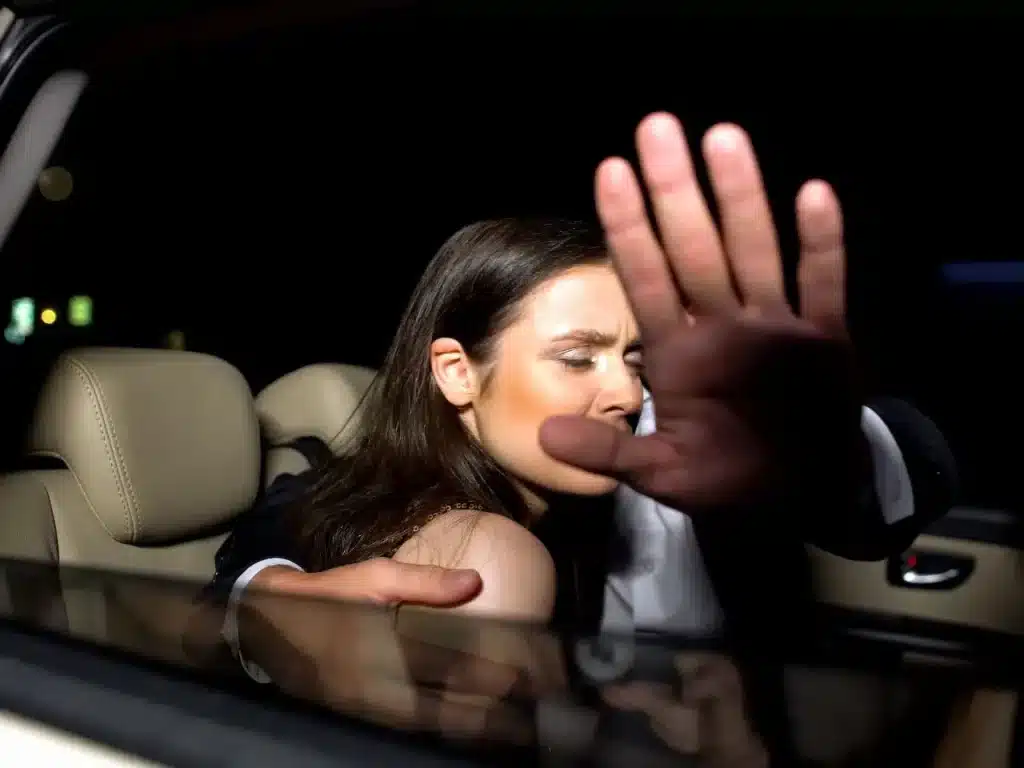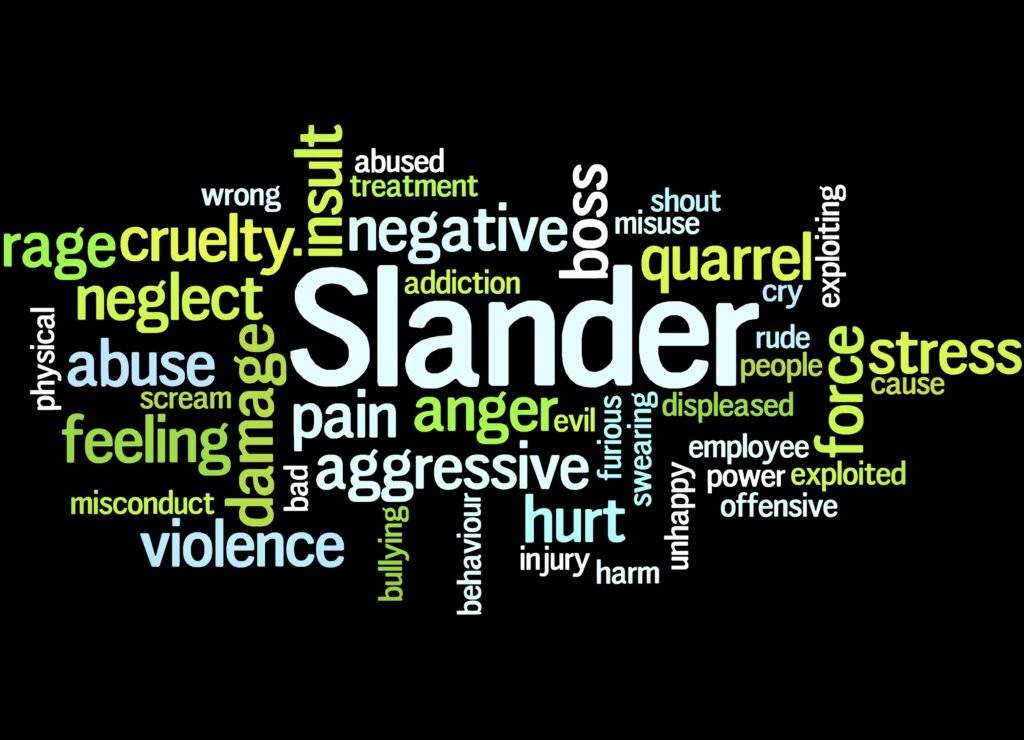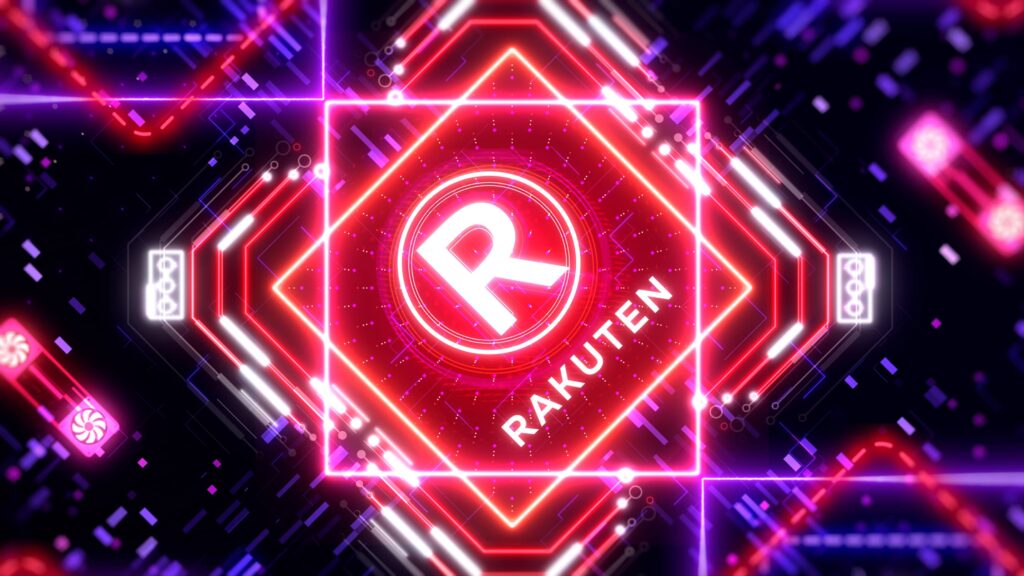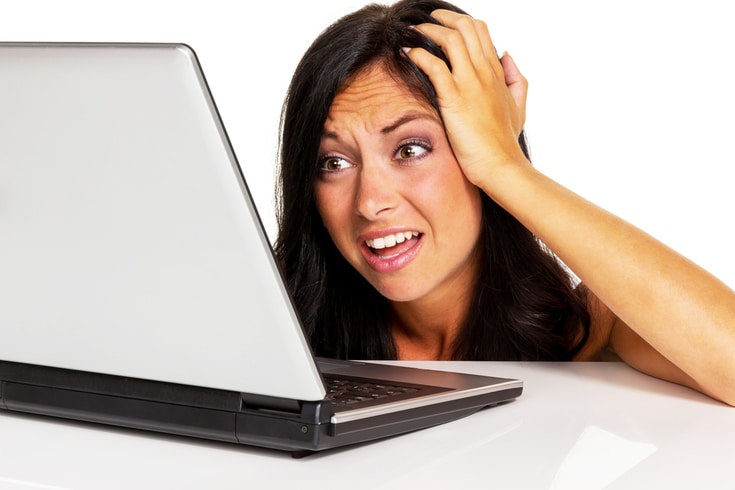What are the Risks Parents Should Know When Minors Monetize on YouTube?

Nowadays, it’s easy for anyone to become a YouTuber, and there are increasing cases of minors making their mark in this field.
However, when minors become YouTubers, it’s important to understand that there are unique issues associated with their age.
In this article, we will discuss the risks that guardians should be aware of when their minor children monetize YouTube.
How Minors Can Monetize YouTube
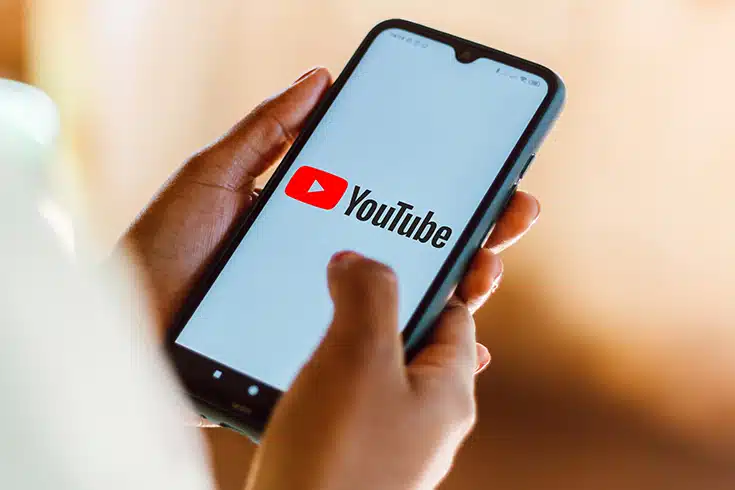
Firstly, to post videos on YouTube, you need to create a YouTube account. However, there is an age restriction for creating an account.
YouTube Account Creation is for Those Aged 13 and Over
Since a YouTube account is linked to a Google account, a YouTube account equals a Google account. According to YouTube’s guidelines, you must be at least 13 years old to create an account.
Therefore, even if you are a minor, you can create an account.
When setting up an account, you need to enter your date of birth, and there are some contents that cannot be viewed due to age restrictions if you are under 18. However, once you create an account, you can post videos and comments.
Recently, it is not uncommon for siblings to appear on family channels or for elementary school YouTubers to be active. In these cases, the children are just appearing, and the account is created by the parents, which is the actual situation.
Therefore, it is unlikely that a child under the age of 13 will post videos on YouTube without their parents’ knowledge.
On the other hand, if the child is over 13 years old, the child can create their own account and post videos without their parents’ knowledge.
Therefore, if you are a parent of a child over 13 years old, you should check whether your child is posting videos on YouTube.
YouTube Monetization is for Those Aged 18 and Over
If you are posting videos on YouTube as a personal hobby, it is quite possible if you are a minor over 13 years old. However, to monetize on YouTube, you need to apply to join the YouTube Partner Program and be approved.
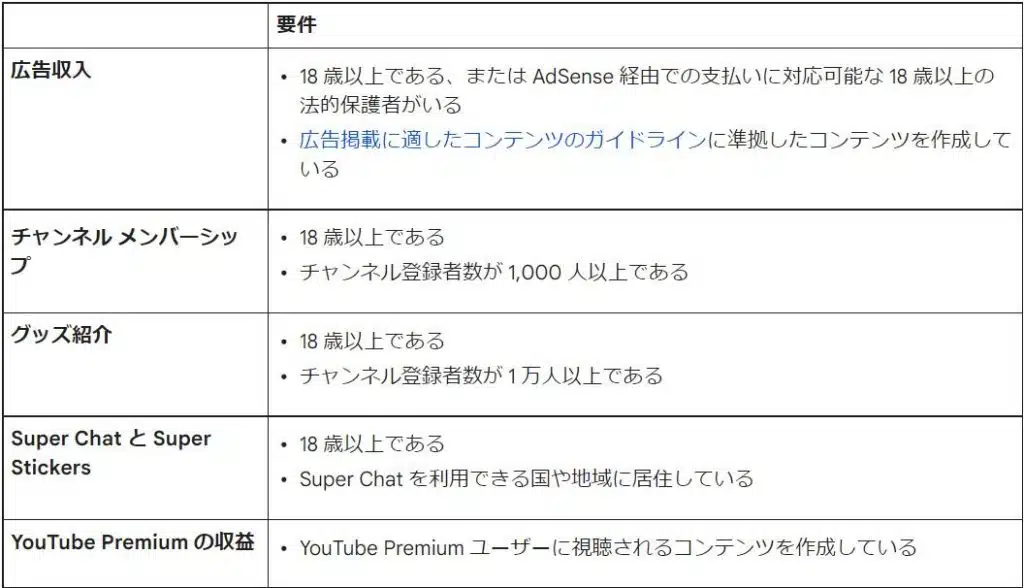
The table above shows the minimum eligibility requirements to enable monetization features, but it is stated that you cannot earn advertising revenue unless you are over 18, no matter how many subscribers you have.
Advertising Revenue Mechanism
Here, let’s explain a little about advertising revenue, which is the main source of income from YouTube.
If you enable video monetization, there are several types of ads displayed on the video, which are basically similar to TV commercials.
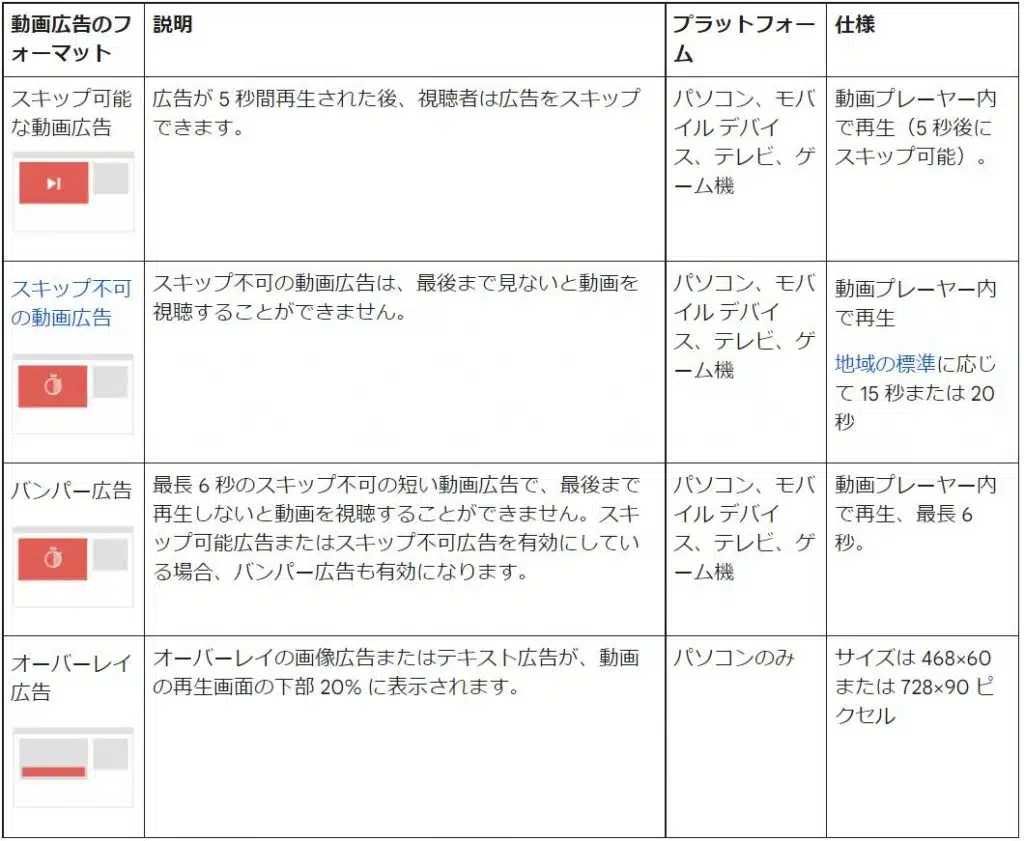
Specifically, Google receives advertising fees from advertisers, and by posting videos with ads on YouTube, video posters can receive a portion of the above advertising fees from Google.
Google AdSense Account Cannot be Created Unless You are Over 18
Advertising revenue from YouTube video posts is paid through AdSense, so you need to create a Google AdSense account.
However, since a Google AdSense account cannot be created unless you are over 18, those under 18 cannot monetize YouTube.
Therefore, if a person under 18 wants to monetize YouTube videos, a parent needs to create and manage a Google AdSense account.
It is unlikely that a child will earn revenue on YouTube without the parent’s knowledge, but there are cases where a child uses the parent’s account without permission, so caution is needed.
YouTube Monetization Can Impact Parents’ Taxes

For minors, monetizing YouTube videos may seem like a simple way to earn pocket money. However, depending on the amount of revenue and the family’s financial situation, it can affect the amount of taxes their parents have to pay.
If a child is between 16 and 23 years old, there is a system called “Dependent Deduction” (Japanese Dependent Deduction) where a certain amount is deducted from the guardian’s income under certain conditions.
However, if the child’s income exceeds a certain amount, the parents can no longer receive the dependent deduction, resulting in an increase in the amount of tax they have to pay.
As of December 2021, the age of the child eligible for the dependent deduction and the amount of the deduction are as follows. Please note that children under 16 are not eligible for the dependent deduction as they receive child allowances.
*Tax laws are frequently revised, so please always check the latest information.
The age of the child as of December 31 of that year is:
- If they are between 16 and 19 years old, 380,000 yen per child
- If they are between 19 and 23 years old, 630,000 yen per child
The above amounts will be deducted from the guardian’s income. As a result, the guardian’s taxable income decreases, and the amount of tax they have to pay is reduced accordingly.
Also, there is a limit on the income of the dependent child for the guardian to receive the dependent deduction.
Under the tax system as of December 2021, the total income of the child must be 1.03 million yen or less (1.3 million yen if also receiving a working student deduction) for the guardian to receive the dependent deduction.
This total income is the amount after deducting expenses from income.
For example, if a child earns 500,000 yen from posting YouTube videos and the expenses (equipment costs, transportation costs, costume costs, etc.) are 50,000 yen, the child’s total income is 450,000 yen (500,000 yen – 50,000 yen).
In this case, there is no impact on the guardian’s tax payment as the requirements for the dependent deduction are met.
However, if the child is also working part-time in addition to earning revenue from YouTube, it is important to note that the salary income (the amount after deducting the salary income deduction from the salary income) from the part-time job is also included in the calculation.
What to Do If Your Child Gets Involved in Trouble on YouTube
YouTube is used daily by people all over the world. Especially when posting videos and actively disseminating information, caution is necessary as it can easily lead to trouble.
Risks Parents Should Be Aware Of
There are various types of trouble that can occur on the internet, and YouTube is no exception. For example, there is always a risk of personal information such as real names and addresses being leaked.
Furthermore, YouTube videos have a high diffusion power, so once they catch fire, there is a high risk of it leading to defamation on various SNS, not just within YouTube. It is necessary to understand this.
Especially when students, such as high school students, post videos on YouTube, there may be a risk that trouble on the internet will lead to bullying in the real world, such as at school.
Of course, there is also a risk of becoming a perpetrator yourself.
Therefore, it is most important for parents to understand the content of videos and other broadcasts, and to think with their children about what kind of content would be best to avoid getting involved in trouble.
Parents Should Also Know How to Respond
However, no matter how much you prepare in advance, understand that the possibility of getting involved in trouble is not zero.
That’s why parents should also know how to deal with trouble if it occurs.
For example, if you receive malicious defamation on the internet, you may be able to delete the defamatory comments or identify the poster and claim damages.
Speed is important when dealing with such damage. We recommend consulting a lawyer as soon as possible.
The following articles explain in detail how to delete YouTube comments and how to identify comment posters.
https://monolith.law/youtuber-vtuber/youtube-comment-delete-law[ja]
Also, please take a look at the following articles that explain how to deal with situations where you become a perpetrator (or how to avoid becoming one).
https://monolith.law/youtuber-vtuber/youtube-libel-company[ja]
https://monolith.law/youtuber-vtuber/youtube-thumbnail-risk[ja]
Decreased Revenue from Children’s Videos on YouTube?

Videos on YouTube featuring children of elementary school age or younger often contain content related to popular games and toys among their peers.
There is a law you should be aware of when posting children’s videos on YouTube.
This law is the Children’s Online Privacy Protection Act (COPPA).
This law has a very deep connection with YouTube’s children’s app, “YouTube Kids”.
What is the Children’s Online Privacy Protection Act (COPPA)?
COPPA is a U.S. law enacted in October 1998 that requires website operators and online service providers who collect, use, and disclose personal information from children under the age of 13 to notify and obtain consent from the children’s parents.
The reason why this is related to YouTube is that in September 2019, Google was sued by the Federal Trade Commission (FTC) for collecting personal information from child users without parental consent, and ended up paying a settlement of up to $170 million.
As a result of this settlement, some features on children’s videos and channels on YouTube, such as personalized ads that display ads according to viewer attributes, are restricted.
Therefore, if a YouTube video is deemed to be for children, it may not be possible to attach ads to the video, which could significantly reduce ad revenue.
Criteria for Determining Children’s Videos on YouTube
So, what kind of videos are considered children’s videos?
Let’s take a look at the elements that are explicitly stated in YouTube’s guidelines for determining whether a channel or video is for children.
・The theme of the video (e.g., educational content for preschoolers)
・Whether the video was made with child viewers in mind (as indicated in the video’s metadata, etc.), and whether children are actually watching it
・Whether the video includes child actors or child models
・Whether the video includes personalitys, celebrities, toys, etc. that attract children’s interest, such as anime and manga personalitys
・Whether the words and expressions used in the video are intended to be understood by children
・Whether the video includes activities that attract children’s interest, such as pretend play, simple songs and games, early education, etc.
・Whether the video includes songs, stories, poems, etc. for children
・Other information that is useful in identifying the viewers of the video, such as empirical evidence about the viewers
・Whether the content appeals to children
YouTube Help “Determining whether content is ‘for children'”
It seems that not all videos that include any of the above elements are automatically considered to be for children, but if the video is judged as a whole to be “targeting children as the main viewers”, it will be considered a children’s video.
In particular, if children appear in the video, it is likely to be judged as a children’s video just for that reason, so be careful.
Summary: If a minor is monetizing YouTube, guardians should be aware of the content they are broadcasting

Nowadays, being a YouTuber is so popular that it has become a dream job for children. Indeed, the idea of broadcasting what you love and want to share, and even earning revenue from it, may seem attractive.
However, from the perspective of protecting minors, both minors themselves and their guardians must fully understand that there are various risks and restrictions when minors post videos on YouTube.
Moreover, it is crucial to deal with any trouble on YouTube as soon as it arises.
In order to respond promptly, guardians need to be aware of the content being broadcasted on a regular basis, and also know how to handle situations when trouble occurs.
And, if a child actually gets involved in trouble such as defamation, it is advisable to consult with a lawyer who is knowledgeable about internet issues promptly.
Introduction to Our Firm’s Measures
Monolith Law Office is a legal office with high expertise in both IT, particularly the internet, and law. In recent years, we have been handling many advisory cases for YouTubers and VTubers, who are becoming popular online. The need for legal checks in channel management and contract-related matters is increasing. At our firm, lawyers with specialized knowledge are taking measures. Please refer to the following article for details.
Category: Internet

